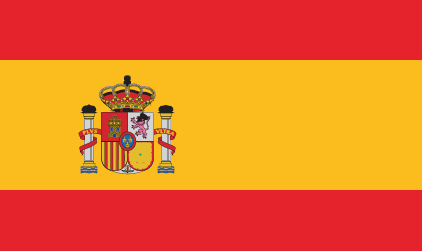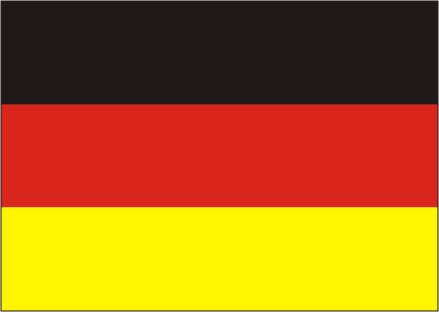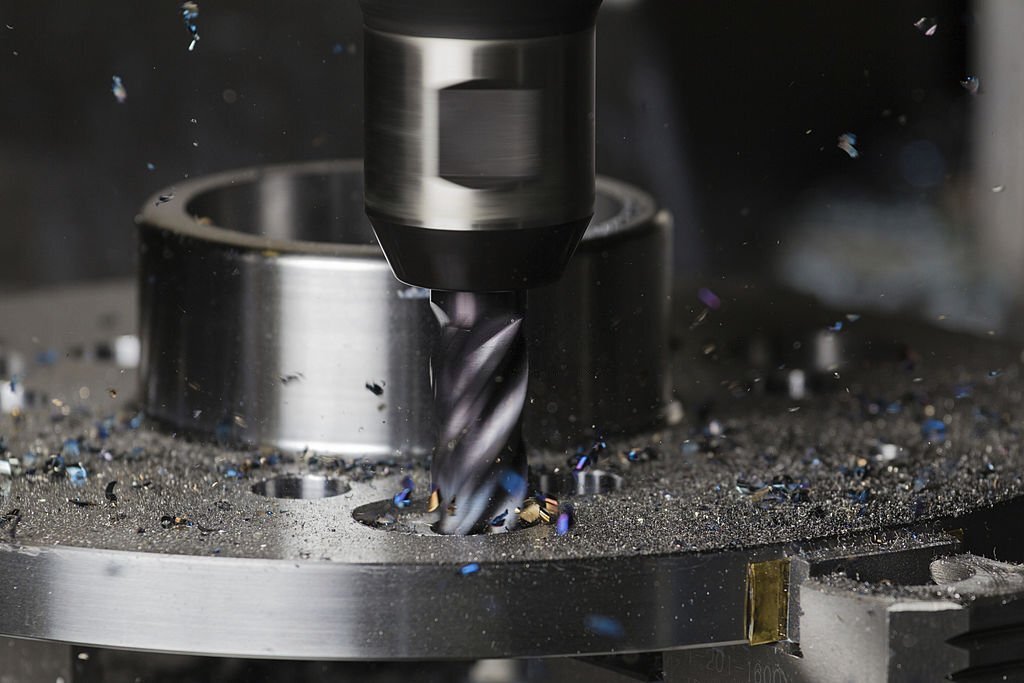
METAL PARTS MANUFACTURING - CUSTOM METAL PARTS SUPPLIER

METAL PARTS MANUFACTURING - CUSTOM METAL PARTS SUPPLIER
MANUFACTURING SERVICES
Manufacturing metal parts includes processes such as cutting, bending, shaping and forming metals into the desired structure. This process consists of creating parts, machines and other structures from raw materials. Plasma and laser cutting of sheet metal is often used for steel parts fabrication. Assemblies are welded together within required tolerances. TG-Machines can deliver cost-effective parts for different industries like: automotive, energy, medical, rendering, food industry and many others.
We distinguish: mechanical machining, plastic working, heat treatment and chemical treatment. Machining is divided into: turning, milling, planing and grinding.
- Turning, the most common method of machining, in which the work piece performs a rotational movement, and the tool (turning knife) - linear movement. The basic types of turning are: longitudinal (the direction of movement of the knife is parallel to the axis of rotation of the work piece) - external (so-called turning) or internal (so-called drilling), transverse, so-called turning, planning (the direction of movement of the knife is perpendicular to the axis of rotation of the object), copying and envelope. Remove material is performed on lathes.
- Milling, a type of machining of objects made of metal, wood, plastic or other machinable materials using a multi-edge tool on a machine tool called a milling machine. During milling, the rotary movement is performed by the tool, and the feed movement is performed by the work piece (sometimes also by the tool). Depending on the position of the axis of rotation of the cutter relative to the machined surface, peripheral and face milling are distinguished. Depending on the direction of the feed movement in relation to the working movement, climb milling and up milling are distinguished. Special types of milling are: copy milling, envelope milling, etc.
- Grinding, abrasive machining, a method of machining in which the cutting tool is a grinding wheel, a whetstone or an abrasive belt. Grinding is used to machine hardened steel work pieces to remove small amounts of material from rolled, forged or cast work pieces and to finish metal work pieces.
MAIN DIFFERENCE BETWEEN TURNING AND MILLING
Milling is intended for machining flat and shaped surfaces, such as grooves, threads, gears. Turning, on the other hand, consists in shaping the surfaces of solids of revolution, such as shafts, cones, balls, internal and external threads.
PLASTIC PROCESSING OF METALS
Plastic working, during which the material is shaped or divided. Physics and chemical properties are changing together with structure. Smoothness of the surface is achieved by deformation change. The basic processing is: forging, rolling, stamping, drawing.
-
Forging, hot or cold working of metals, performed manually or mechanically, during which objects are shaped by crushing them with impact or pressure. Sometimes forging is used to improve the mechanical properties of the material by giving it a suitable structure.
-
Stamping, cold or hot working, including the processes of cutting and shaping metal sheets and strips as well as non-metallic foils and plates. The required shape in the stamping process is obtained by cutting, i.e. separating unnecessary parts from the rest of the output material or shaping of the output material without compromising its integrity (e.g. by: bending, wrapping, twisting, profiling, embossing, embossing, dressing, flanging, crimping). Stamping is most often carried out on presses.
-
Bending, processing of a metal material, the purpose of which is to permanently change the curvature of the material without changing its transverse dimensions. Metal bending is performed cold or after it has been heated
WHAT IS THE CNC MANUFACTURING PROCESS?
CNC machining is a a method of machining involving cutting, precise shearing, of a part of the work piece material, e.g. steel, aluminum, brass. As a result, we obtain the intended shape of the element with high precision, smooth surface and perfect compliance with the design.
WHAT IS CNC MILLING?
CNC services (Computer Numerical Control) is a definition of a control system that can be freely programmed, thanks to which the customer receives a product with the required dimensions, shape and surface properties. CNC milling is one of the methods of machining and consists in machining a stationary object while the milling tool performs a rotary movement. The rotating blades of the tool shear the top layer of the part until the desired effect is obtained. CNC milling is fully automated, ensuring maximum precision, making it a popular method in many production plants.
WHAT IS CNC TURNING?
CNC turning is – just like milling – a method of computerized material processing. It consists in separating the material layer of the work piece with a turning tool. The blade does not move - only the work piece is moved. As a result, we get a detail with a cylindrical, conical or spherical shape.
UNDERSTANDING THE DIFFERENCES BETWEEN CNC MILLING AND TURNING
So what is the difference between the two methods of CNC machining? Milling is intended for machining flat and shaped surfaces, such as grooves, threads, gears. Turning, on the other hand, consists in shaping the surfaces of solids of revolution, such as shafts, cones, balls, internal and external threads. The high-speed of CNC turning operations makes it an ideal process for large production runs for variety of materials with short lead times without human error.
SURFACE FINISH OPTIONS FOR METAL PARTS FABRICATION
- Electroplating
- Electroless Plating
- Chemical Treatment
- Anodic Oxidation
- Vacuum Plating
- Hot Dipping
- Painting
- Thermal Spraying
SUPPLIER OF PRECISION METAL PARTS
TG-Machines is a manufacturer of metal parts with modern technological equipment. In addition, from the production of small metal parts to high-volume production, we provide high-quality metal parts at a good price level. If you are looking for a manufacturer of metal parts, you have just found it. Please send your CAD file or drawing to our email and our engineer will contact you for a competitive market offer.






